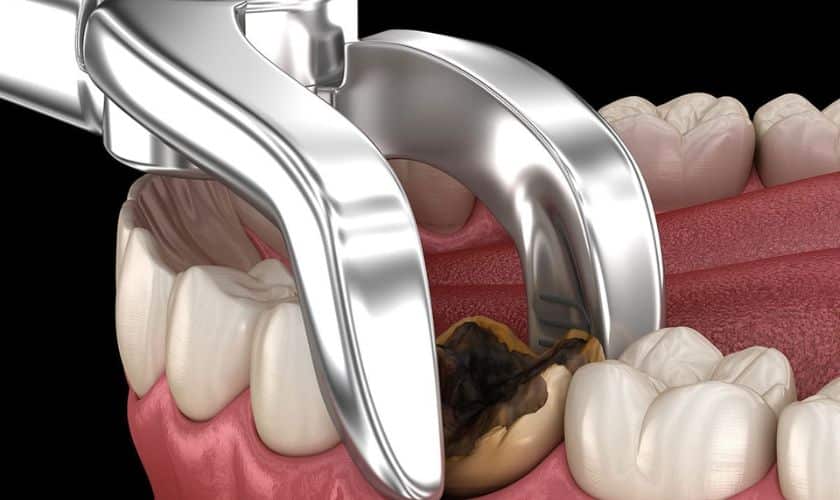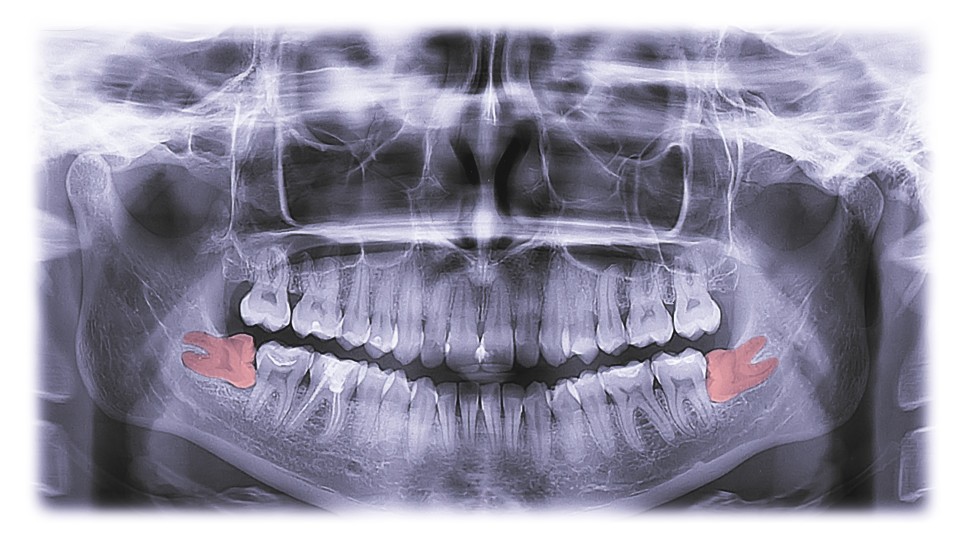Understanding the Process of Wisdom Teeth Removal Aspendale: A Comprehensive Overview
Exploring Various Sedation Options for a Comfortable Knowledge Pearly Whites Extraction Experience
The usage of sedation throughout such treatments has actually ended up being significantly typical to ease anxiety and pain. With a variety of sedation alternatives readily available, from neighborhood anesthesia to general anesthetic, each technique provides differing degrees of leisure and pain control.
Regional Anesthetic
Local anesthetic is a typically made use of approach for numbing certain locations of the mouth during wisdom teeth extraction treatments. By carrying out a neighborhood anesthetic, such as lidocaine, a dental expert can make certain that the patient continues to be pain-free and comfy throughout the removal procedure. Local anesthetic works by briefly obstructing the nerves in the mouth, stopping them from sending discomfort signals to the mind. This allows the dental expert to execute the extraction without triggering any pain to the person.
Among the main advantages of local anesthesia is its targeted numbing effect, which indicates that only the certain location being dealt with is influenced. This localized technique lessens the danger of systemic adverse effects and allows for a quicker recovery post-procedure. In addition, neighborhood anesthesia is thought about to be a secure and routine method in dental care, with minimal risks entailed when provided by a qualified expert.
Laughing Gas
Nitrous oxide, typically known as laughing gas, is a type of sedation usually used in dentistry to aid clients unwind during oral procedures. This sedation choice enables the individual to stay responsive and mindful throughout the treatment while feeling at convenience and comfy.
Furthermore, laughing gas is understood for its fast recovery time. Once the mask is eliminated, the effects of the gas subside rapidly, enabling people to resume their normal activities without sticking around sedative effects. This makes laughing gas a practical choice for those who require to drive themselves home after the oral consultation. Nitrous oxide is suitable for clients of all ages, making it a versatile sedation choice for knowledge teeth removals and various other oral treatments.
Oral Sedation
Oral sedation, a medicinal approach utilized in dentistry, involves the management of sedative drugs by mouth to generate an unwinded state throughout oral procedures. The drugs suggested for dental sedation belong to a class of drugs called benzodiazepines, which have sedative, anxiolytic, and amnesic homes.
Unlike intravenous sedation, dental sedation does not call for injections or needles, making it an extra comfy choice for individuals with an anxiety of needles. Additionally, dental sedation is thought about efficient and risk-free when carried out by trained oral experts.
IV Sedation
Carried out intravenously by trained doctor, IV sedation is an effective method utilized to generate a regulated state of deep relaxation and unconsciousness during dental procedures. Unlike oral sedation, which can be uncertain in its effects, IV sedation allows for exact control over the level of sedation, making it a suitable selection for intricate treatments like wisdom teeth extractions.
Throughout IV sedation, a sedative medicine is provided directly into the bloodstream through a blood vessel, permitting it to take impact rapidly and successfully. This approach makes sure that the person continues to be comfortable and uninformed of the treatment while still maintaining essential functions such as breathing and heart price.
One of the key advantages of IV sedation is its capacity to offer a deeper degree of sedation compared to other approaches, making it specifically ideal for individuals with high degrees of anxiety or those undergoing comprehensive dental work (wisdom teeth removal aspendale). Furthermore, the effects of IV sedation normally diminish progressively after the treatment, minimizing the probability of grogginess or remaining negative effects. In general, IV sedation provides Get More Info a risk-free and effective choice for ensuring a comfortable and trouble-free experience during wisdom teeth removal

General Anesthetic
Having reviewed the benefits of IV sedation for wisdom teeth extraction, the application of basic anesthesia gives an alternate choice for clients needing a deeper degree of unfamiliarity throughout oral treatments. General anesthesia generates a regulated state of unfamiliarity, making sure the person feels no pain or discomfort during the removal procedure. This technique is specifically advantageous for people with severe oral anxiousness, complex medical needs, or those undertaking several removals concurrently.
General anesthetic is administered by a skilled anesthesiologist that very closely monitors the client's vital indicators throughout the treatment. It involves the use of intravenous medicines or inhaled gases to generate a state of unfamiliarity. While under basic anesthetic, the person will not know the surgery, experience any kind of pain, or have any recollection of the procedure later.
Although basic anesthetic is secure when provided by certified specialists, it lugs a slightly greater threat compared to other sedation alternatives - wisdom teeth removal aspendale. Patients thinking about basic anesthetic for knowledge teeth removal must discuss the possible risks and advantages with their dentist or oral doctor to make an educated decision based upon their individual requirements and case history

Final Thought
In final thought, numerous sedation options are offered to ensure a comfortable knowledge teeth removal experience. Oral sedation and IV sedation deal much deeper levels of leisure, depending on the patient's requirements.
Nitrous oxide is ideal for people of all ages, making it a functional more information sedation choice for knowledge teeth removals and other oral treatments.
